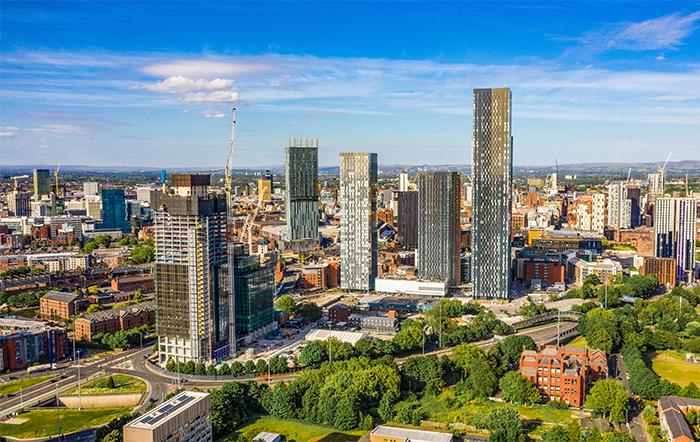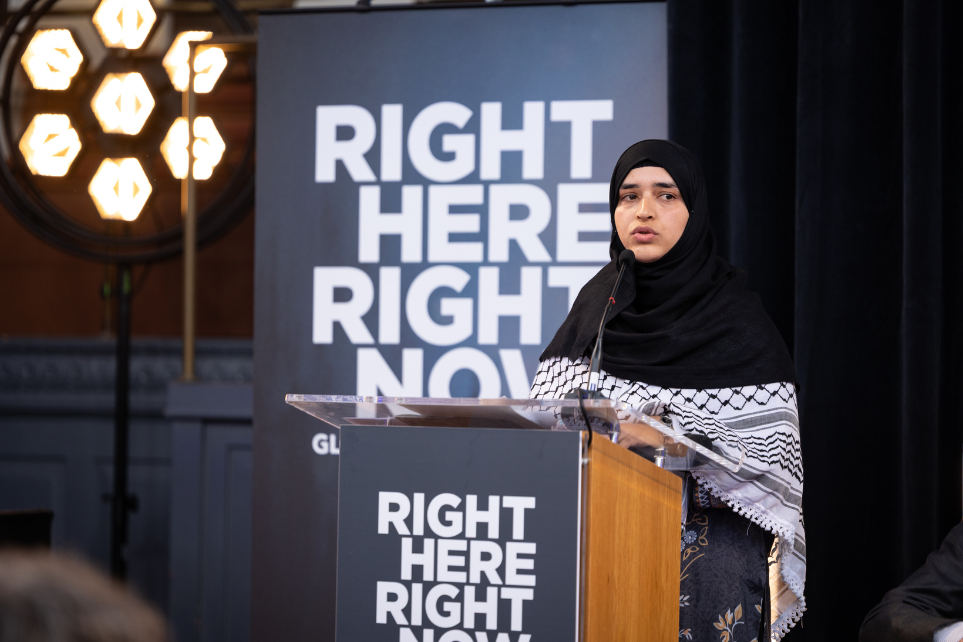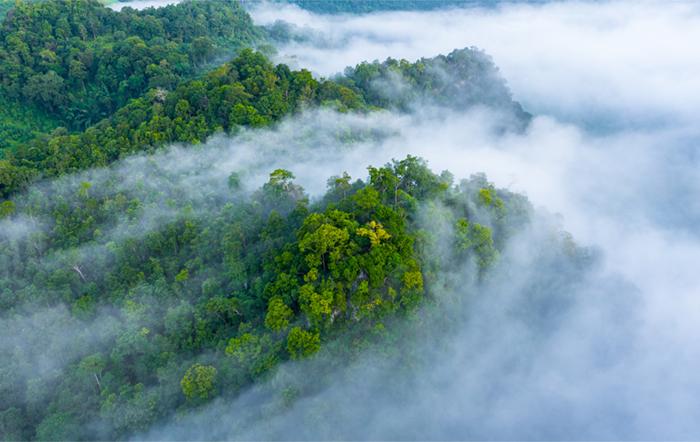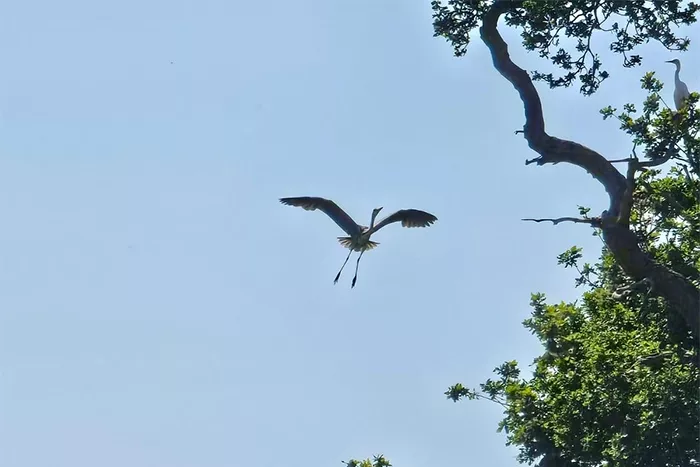Tabina Manzoor, a Kashmiri student, researcher, and environmentalist currently pursuing an MSc in Water Science, Policy, and Management at SoGE, served as a student co-moderator at Oxford’s recently concluded Right Here Right Now Global Climate Summit, where she also gave an opening address at the Sheldonian Theatre.
News
Wytham Woods featured on Countryfile
Yadvinder Malhi joins Judi Dench, HRH The Prince of Wales and some 6M viewers in an episode of BBC's Countryfile. The show launches 'Plant Britain', a two-year challenge to get us all planting to help combat climate change and at the same time, boost wellbeing and wildlife. It features Wytham Woods in Oxfordshire, where viewers discover exactly how trees capture carbon.
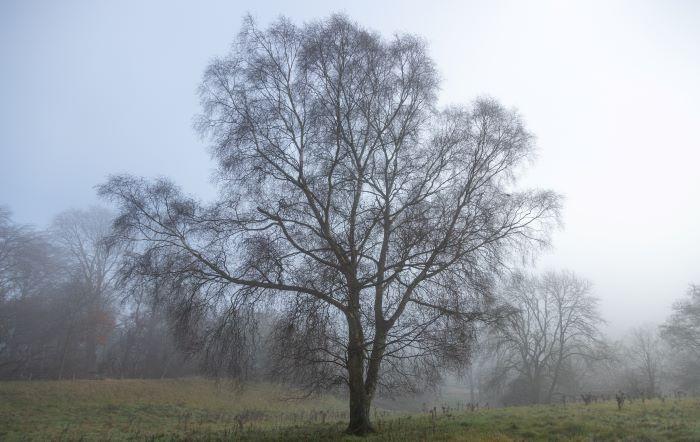
COVID slowdown makes action on gas-guzzlers even more important
Phasing out the most polluting vehicles now could save 97million tonnes CO2 by 2050, new research published by the UK Energy Research Centre finds. Co-Directed by Christian Brand the Centre looked at the impacts of COVID-19 on the energy system, and the role that energy policy could play in the UK's economic recovery. Discover their recommendations.

More-than-climate litigation: Global Majority v UK government
MSc/MPhil in Nature, Society and Environmental Governance students were asked to research a topic of their choice, within the broad remit of the Governance, Politics and Policy theme, and to create a video accompanied by a blog which further outlined the topic. Watch the winning video and read the accompanying blog.
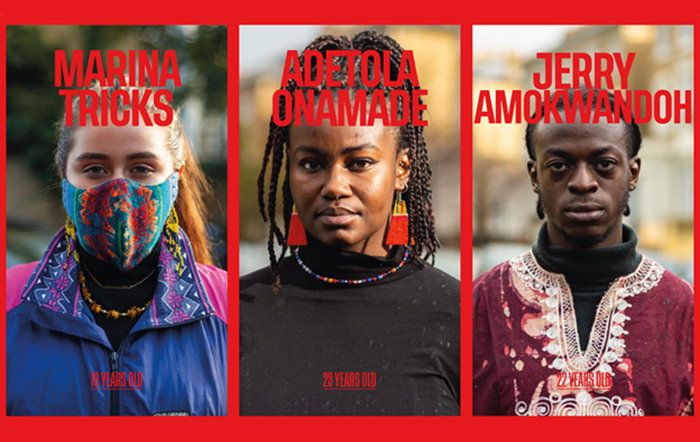
Norway hikes cash for rainforests, seeking corporate help to slow losses
Norway is doubling the price it guarantees developing nations to keep their tropical forests standing and combat climate change, writes the Thomson Reuters Foundation. Constance McDermott, leader of the ECI's Ecosystems Governance Group, comments on the challenges faced by the initiative, including the need to ensure indigenous peoples' rights to land. [Image: Ecuador - A Shaman from the Siona Community (c) Angela Meier on Adobe Stock]
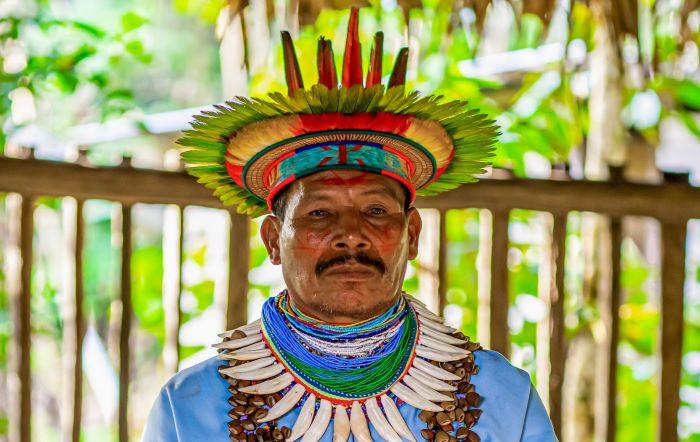
Yadvinder Malhi to be next president of the BES
Yadvinder Malhi, Professor of Ecosystems Science, has been voted President-Elect of the British Ecological Society following an online ballot of more than 1000 members. A British Asian, Yadvinder will become the first non-white president of the Society in its more than hundred-year history. Read more about Yadvinder's work and priorities for the BES moving forward. [Image: Yadvinder Malhi in Wytham Woods (c) Debbie Rowe]
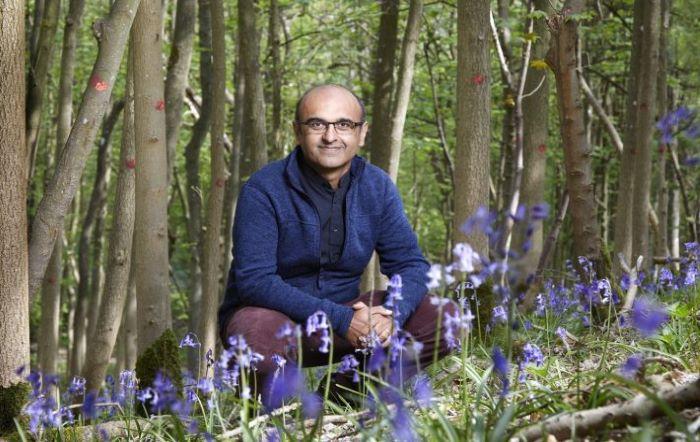
Climate Change Caused the Demise of Central Asia's Forgotten River Civilizations, Not Genghis Khan
A new study involving Dr Julie Durcan challenges the long-held view that the destruction of Central Asia's medieval river civilizations was a direct result of the Mongol invasion in the early 13th century CE.
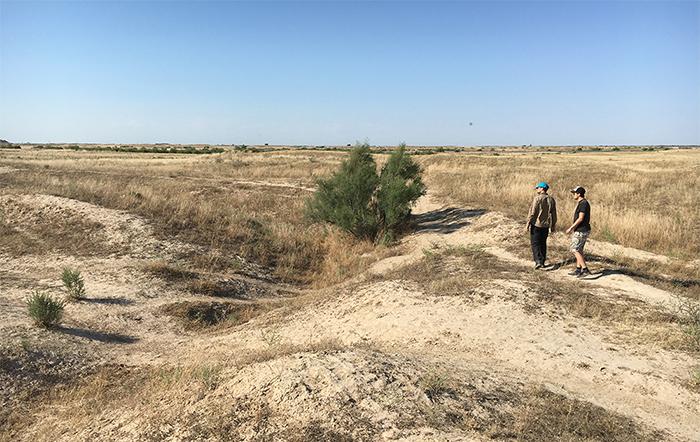
Jemima Richardson-Jones Highly Commended In RGS GHWRG Dissertation Prize 2020
Research by School of Geography and the Environment graduate Jemima Richardson-Jones (Keble College) has been Highly Commended by the Royal Geographical Society's Geographies of Health and Wellbeing Research Group as part of their 2020 Undergraduate Dissertation Prize.
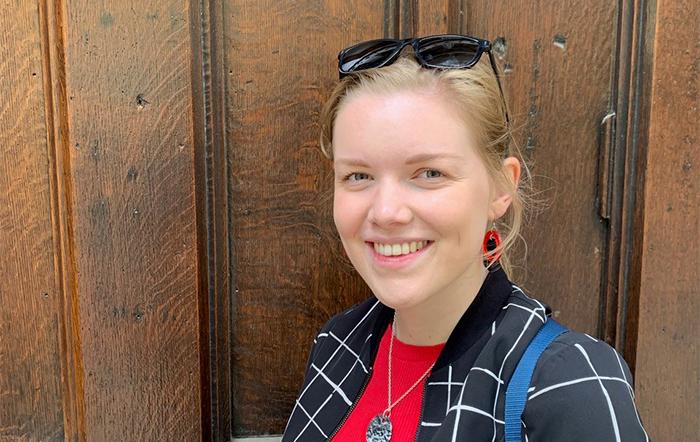
Working towards anti-racist school geography in Britain
Amber Murrey argues why the British geography school curriculum must include the uncomfortable geographies of British colonialism and inequality in order to foster anti-racist and environmentally just futures.

Far from simple: Orangutan conservation poses ethical dilemmas
Could it ever be better to keep a wild-born, formerly captive orangutan in a cage? Should they be released into the 'wild'? And if so, which wild? Dr Alexandra Palmer considers the ethical questions raised by orangutan conservation in her latest blog post.
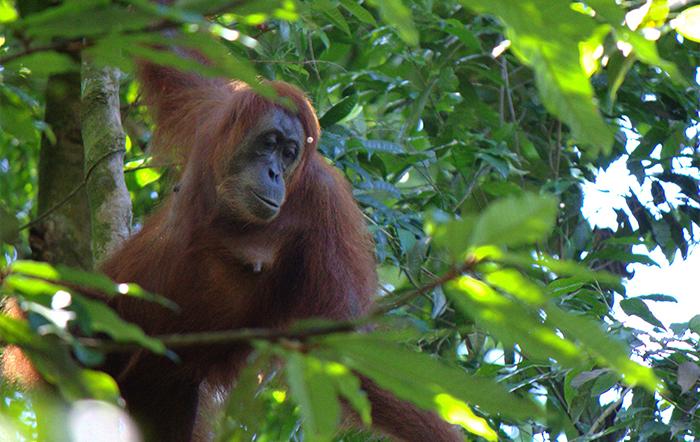
Why is COVID-19 more severe in the north of England? The story in four graphs
Prof Danny Dorling and Prof George Davey Smith (Bristol) explore the geographical differences in infections and deaths from COVID-19 in an article in The Conversation.
